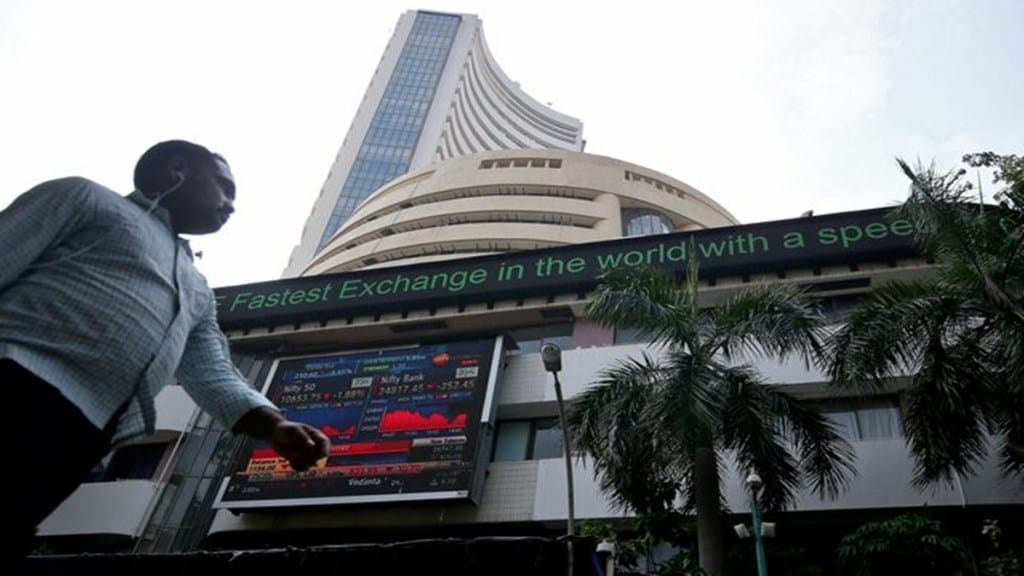The low market share of the BSE in monthly options contracts may limit its potential for gains once the Securities and Exchange Board of India’s (SEBI) new index derivatives trading norms come into effect, according to experts.
Brokerage firm Jefferies pointed out that the BSE holds a 10% market share in monthly contracts, which remain unaffected by SEBI’s new futures and options framework. The remaining market share is held by its rival, the National Stock Exchange (NSE).
“We will definitely see some volume shifting to monthly options contracts. But more importantly, the volumes will pick up more towards the expiry because at that time the premiums will reduce. So, those who are low-capital based traders, they will participate in the second half of the contract period,” said Rajesh Palviya, senior vice president – research (technical and derivatives) at Axis Securities.
Shares of the BSE have soared over 100% this year on hopes that the new F&O regulations will help narrow the market share gap with the NSE.
Palviya said: “We will see monthly contract having a major focus…. The difference in volumes between NSE and BSE will likely remain because NSE has a more mature platform and products, and there is more stickiness with it for old traders.”
BSE did not respond to queries regarding its prospects for market share gains in the monthly options contract.
“We will definitely work towards increasing our market share in monthly contracts. By when we will be able to achieve it cannot be said just yet. It depends on many factors,” a BSE official said.
As per the new norms, an exchange can have only one index with weekly expiry contracts, in contrast to the existing practice of offering multiple such contracts. According to market participants, the weekly contracts that will be discontinued account for 40% of the market premium in the options segment, much of which belongs to the NSE.
“While the discontinued weekly products make up 40% of market premiums, the impact on the overall market could be lower (25-30%) if there is a spillover of trades into the continuing weekly products. BSE’s recent run-up has been fuelled by hopes of market share gains from spillover trades,” Jefferies said.
Besides, experts believe that volumes from the discontinued weekly contracts may shift to monthly contracts. They noted that this shift will not benefit the BSE, as the NSE has comparatively more popular products, such as Nifty Bank and Nifty Financial Services, in addition to the Nifty 50.
Brokerage firm HDFC Securities said in a note that while the recent regulatory changes may not have a material impact on BSE’s derivative volume, the regulator’s concerns regarding increased speculation and retail losses suggest that uncertainty will persist in the near term.
Jefferies also expressed a similar view, stating that the expectations of market share gains for the BSE seem “stretched and fail to capture risks from the higher impact on the overall market, low spillover gains and further regulations.”
The NSE has significantly better premium quality with a high share of non-expiry premiums in Nifty and Bank Nifty, the global brokerage firm added.
The unfavourable risk-reward scenario for BSE with a sharp rise in its stock price has propelled Jefferies to downgrade its rating on the stock to ‘underperform’ with a target price of Rs 3,500. HDFC Securities too has a ‘reduce’ rating on BSE with the price target of Rs 3,610.
Shares of BSE closed at Rs 4,350 on Friday, having corrected around 7% in the past five trading sessions primarily due to Jefferies’ rating downgrade.


